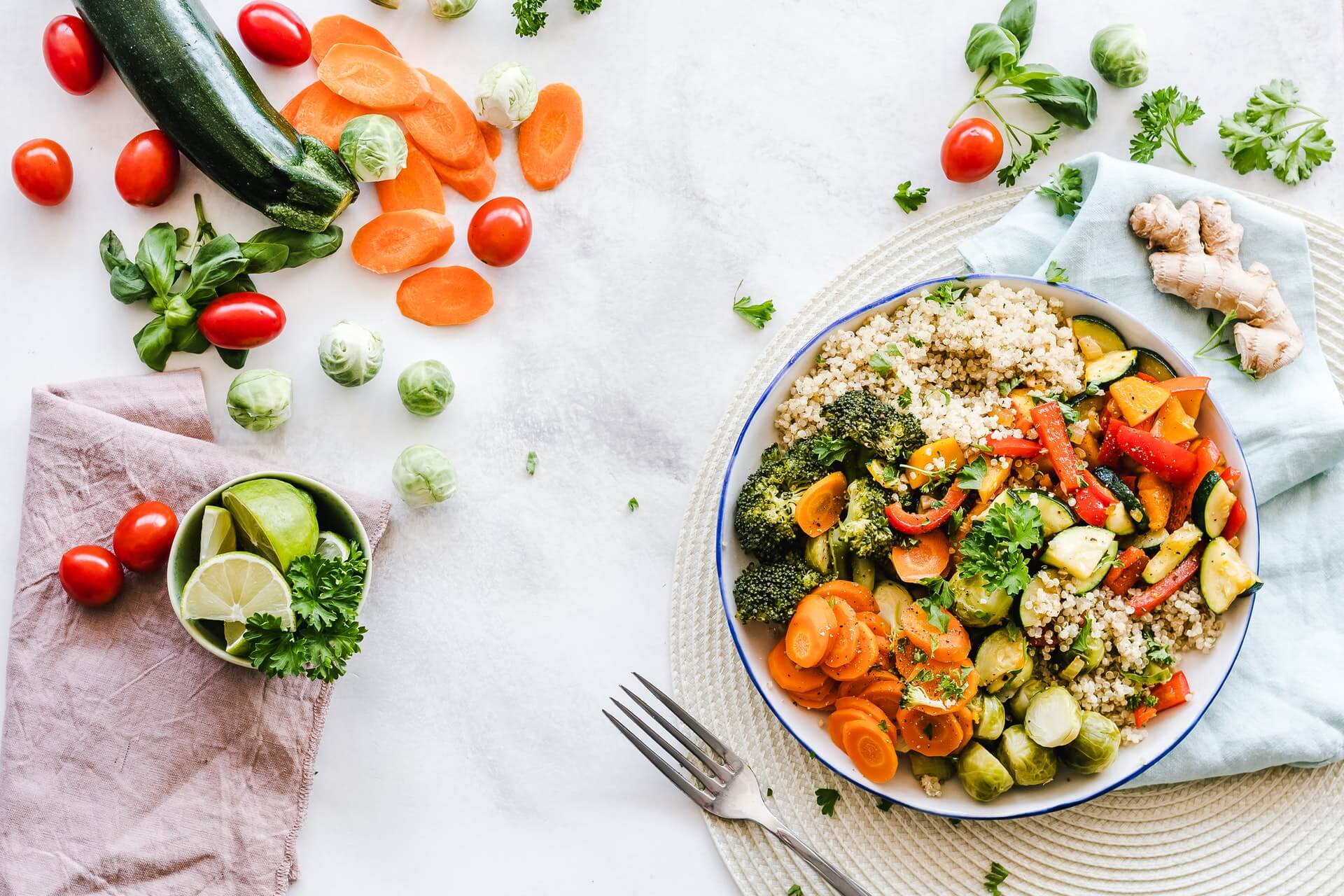As the world grapples with an indiscernible organism that is likely lurking on your kitchen surface or the umbrella you took out this morning to shelter yourself from the pelting rain, you are left wondering about your powerlessness against a group of microscopic organisms that you learned about all those years back in high school. You also speculate about how to improve your defenses against this micro-turned-macro creature that is seemingly destroying both body and spirit.
What started off with people jocularly commenting about the kilos you had piled on while being locked-in has soon turned to people vociferously suggesting you pop in “these pills” and laden your plates with “those foods” to boost immunity – all in an attempt to overpower this little invisible life form that is making everyone run helter-skelter!
VIRAL ATTACKS AND IMMUNITY
The coronavirus is a respiratory system-affecting microorganism, necessitating a strong innate as well as the adaptive immune system. The innate immune response, which is more active in children, is the first line of defense against pathogens including viruses. The adaptive immune system, by contrast, learns to recognize specific pathogens but takes longer to join the battle.
If your innate immune system is strong, you are better able to fight off infection and will suffer only mild symptoms of the illness. An imbalance of immune cell activity often sends inflammation in the lungs into overdrive, ultimately causing severe and sometimes fatal viral respiratory attacks. This is more commonly observed in adults, the very young, and the immune-compromised individuals. Hence, building upon innate immunity is often the key to warding off viral attacks. Second – developing a healthier respiratory tract will add value to illness protection.
FOOD, NUTRITION, AND IMMUNITY
Inflammation is your body’s response to internal injury. Nutrients have a well-established role in dealing with inflammation so as to prevent its spread, thereby aiding the healing process. Ensuring daily servings (a total of 5) of the below-mentioned anti-inflammatory foods, or immune-boosting foods, can help prevent chronic inflammatory disease:
- Omega-3 fatty acids present in fish (tuna, mackerels, sardines), nuts (walnuts, almonds, hazelnuts, pecan nuts, and Brazil nuts), flax seeds, and pumpkin seeds
- Lycopene-containing foods such as tomatoes, guava, and watermelon
- Flavonoid-rich fruits such as berries, grapes, cherries, and citrus fruits
- Indole-containing Cruciferous vegetables such as broccoli, cauliflower, and Brussels sprouts
- Nutraceutical-rich Spices such as turmeric
An oft-heard adage is “You are what you eat!” and so it makes sense that a well-nourished immune system is better able to fight off infections. Incorporating the above nutrients into a meal or snack will help boost your immune system:
- Nuts, seafood, beans, lean meat, and poultry contain the minerals selenium and zinc in addition to omega-3 fatty acids; these minerals boost immunity by increasing the production of cytokines, which help remove the flu virus. A fish salad for lunch, a fistful of nuts at snack time, and a colourful bowl of beans at dinner will satisfy your immune system’s need for these immune-boosting foods.
- Dark green, red, and yellow vegetables and fruits contain phytochemicals as well as vitamin C that give your immune system the edge it requires to fight infections. Think red bell pepper, papaya, broccoli, pumpkin, beetroot, sweet potatoes, figs, kokum – and create magic on your plate and in your body too!
- Chicken Soup provides the fluids you need to help fight off viruses. Chicken contains the amino acid cysteine, which helps thin the mucus in the lungs, and the hot broth helps to keep nasal passages moist, prevent dehydration, and fight inflammation in the throat.
- Garlic, Onions, and Leeks contain dozens of broad-spectrum antiseptic and immunity-boosting compounds. Another plus with garlic is it helps open clogged sinuses while ginger contains chemicals called sesquiterpenes that specifically target rhinoviruses, the most common family of cold viruses, as well as substances that suppress coughing. It’s also a natural pain and fever reducer and a mild sedative, so it can help you rest when you’re sick.
- Yogurt contains a bacterium called Lactobacillus reuteri that has been found to block the replication of viruses that invade your body when you get sick. Muesli with yoghurt, raita, smoothies, or yoghurt with fresh fruits are not only palatably refreshing but the perfect immune-booster too.
- Mushrooms increase the production of cytokines, and also contain polysaccharides, another class of compounds that support your immune system. Add them to your soups, salads, or stir-fries and dish up an immune-strengthening meal.
- Black peppercorns are particularly high in piperine, a compound known for its anti-fever and pain-relieving properties. Sprinkle a pinch on all your foods before consumption.
- Spicy foods can make our noses run and our eyes water, but they’re also effective natural decongestants. Eating chili peppers, wasabi, or horseradish can help relieve the symptoms of congestion.
Two must-dos to keep your immune system running optimally – Rest & Run! You got it …. Relax, instead of constantly stressing, as interleukin – leaders in the immune system response against cold and flu viruses – production increases in the bloodstream when one relaxes, and Exercise often as physical activity is known to lead to increased production of immunity-building endorphins.






























